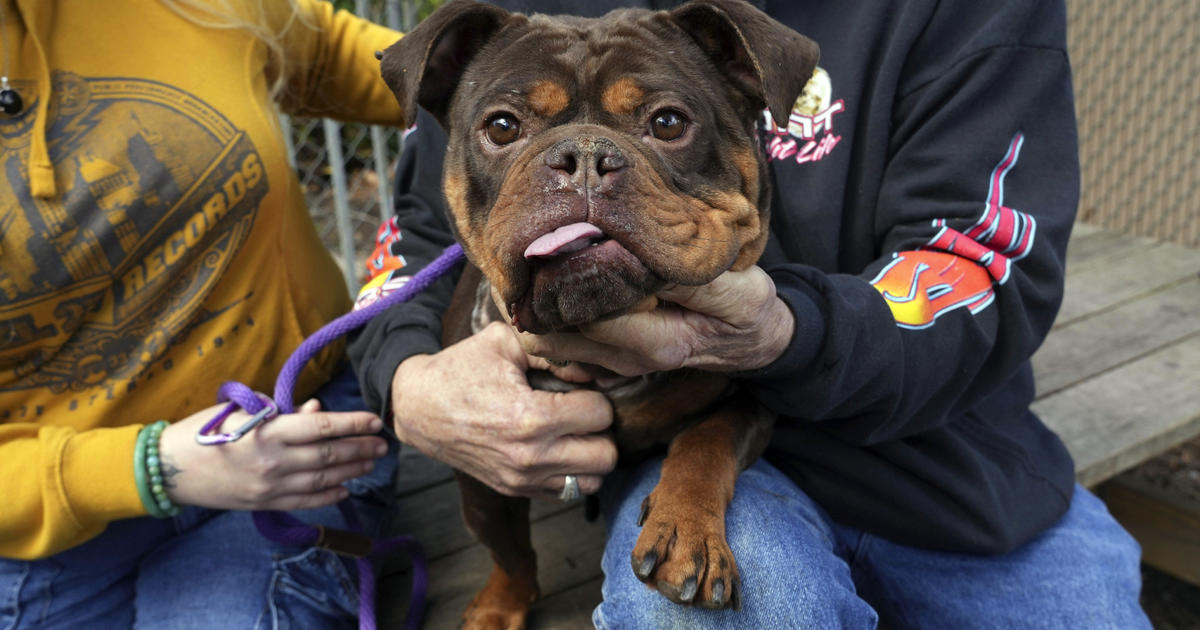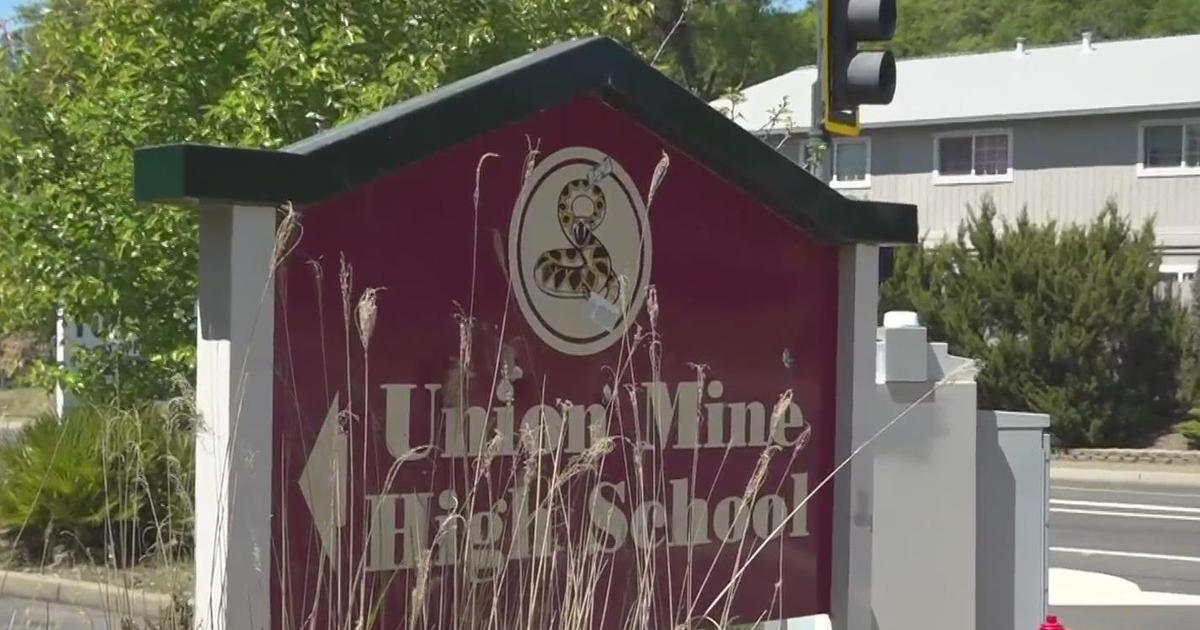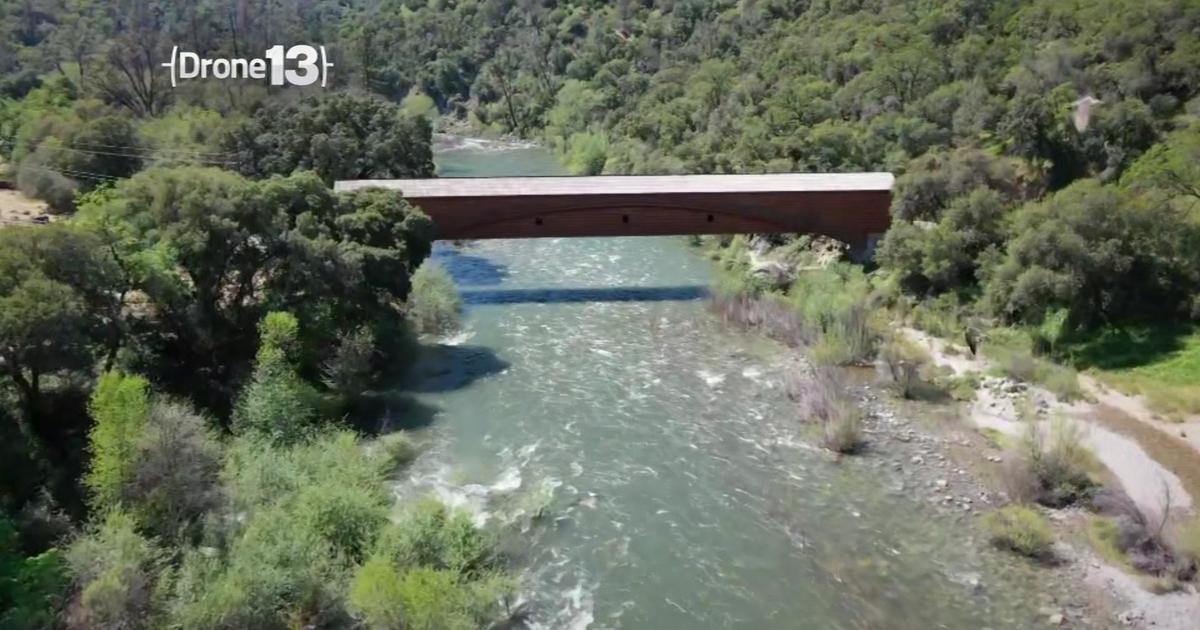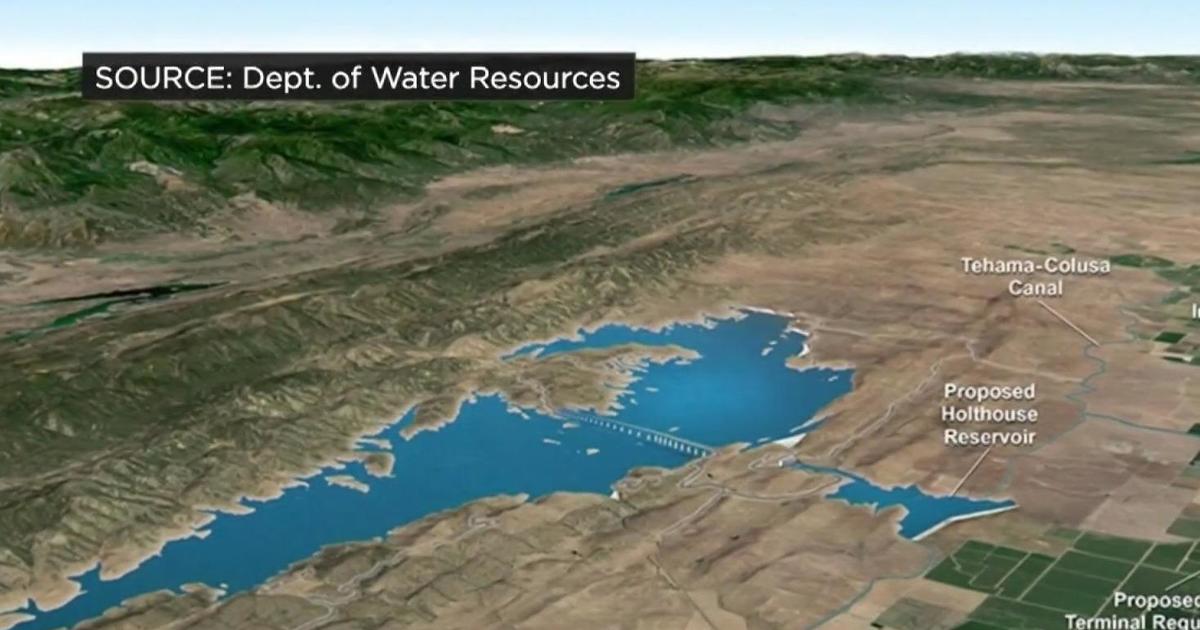Appeals Court Seeks Guidance In Gay Marriage Case
BERKELEY, Calif. (AP) -- A federal appeals court said Tuesday it cannot decide if California's gay marriage ban is constitutional until the state's highest court weighs in on whether Proposition 8's sponsors have the authority to defend the measure.
A three-judge panel of the 9th U.S. Circuit Court of Appeals issued an order asking the California Supreme Court to decide if the backers of ballot propositions can step in to defend voter-approved initiatives in court when state officials refuse to do so.
The high court does not have to respond, but legal experts expect it to. The 9th Circuit panel suggested that without the state court's input, it would have to dismiss the case.
"This court is obligated to ensure that it has jurisdiction over this appeal before proceeding to the important constitutional questions it presents, and we must dismiss the appeal if we lack jurisdiction," the judges wrote.
The panel indicated during oral arguments last month that it might seek the state court's guidance because the question of who is eligible to fight for Proposition 8 remains unsettled under both federal and California law.
After a San Francisco trial judge struck down the ban in August as a violation of gay Californians' civil rights, former Gov. Arnold Schwarzenegger and then-Attorney General Jerry Brown both took the unusual step of refusing to appeal the decision.
"We are now convinced that proponents' claim to standing depends on proponents' particularized interests created by state law or their authority under state law to defend the constitutionality of the initiative," the panel said. "We therefore request clarification in order to determine whether we have jurisdiction to decide this case."
The panel also rejected attempts by the Imperial County Board of Supervisors and the county's deputy marriage clerk to intervene as alternate defendants. Lawyers for the board and deputy clerk had said they should be allowed to participate in the case because Imperial County voters overwhelmingly favored the gay marriage ban.
But the 9th Circuit panel said that unlike the county's main elected clerk, neither the appointed deputy nor the supervisors were directly responsible for enforcing marriage laws.
If the state Supreme Court determines that the coalition of religious and conservative groups that sponsored Proposition 8 lack the prerogative to defend the measure, it is unclear whether the ban would be unenforceable or remain in effect.
Lawyers for the two gay couples who successfully sued to overturn the ban in the lower court have argued that the trial judge's decision overturning Proposition 8 would be binding statewide. That would allow same-sex marriages to resume in California, but would remove the case from its long-assumed course to the U.S. Supreme Court, plaintiffs lawyer Theordore Olson said Tuesday.
Gay marriage opponents argue that if they are ineligible to appeal, the lower court decision would have to be vacated since they were allowed to defend Proposition 8 at trial. If the 9th Circuit leaves the lower court decision in place, they could appeal to the U.S. Supreme Court on the standing issue.
California voters passed Proposition 8 in November 2008. The measure, which amended the California Constitution to define marriage as a union between a man and a woman, overrode a California Supreme Court ruling from earlier that year that declared the state's one man-one woman marriage laws unconstitutional.
(Copyright 2011 by The Associated Press. All Rights Reserved.)



